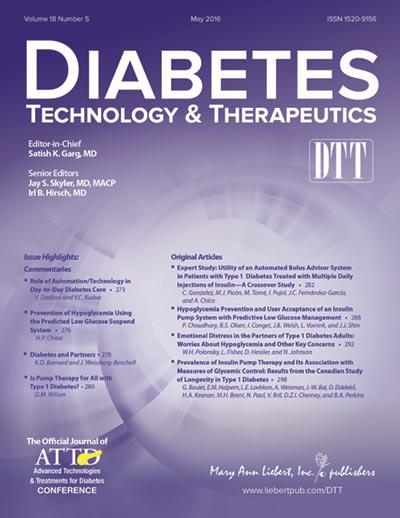Research Shows Older Children, Adolescents Grew Heavier in Brazil, China, U.S. Over Past 30...
Over the past three decades, the percentage of older children and adolescents who were overweight tripled in Brazil and almost doubled in the United States, according to a new study.
Research Suggests Diabetes Drug Being Prescribed Even When Contraindicated
Some doctors prescribe metformin, the most widely used type 2 diabetes treatment drug, for patients also suffering from congestive heart failure or kidney dysfunction or both despite clear warnings on drug packaging not to do so.
Study Documents Hypertension Association with Obesity and Heavy Alcohol Consumption
Race and ethnicity, age, obesity, and heavy alcohol consumption are strongly associated with hypertension in both men and women over the age of 40.
Declining Physical Activity Levels Are Associated With Increasing Obesity
The recent worldwide increase in obesity has been attributed to environmental factors such as more sedentary lifestyles and excessive food intake.
High-Intensity Physical Training Improves Cardiovascular Fitness in Obese Adolescents
After school lifestyle education and physical training programs can benefit obese children and adolescents by altering their body compositions and providing primary prevention of cardiovascular disease.
Dutch Study Links Tea Drinking to Reduced Heart Attack Risk
Tea is a rich source of dietary flavonoids, which have been shown to have a protective effect against ischemic heart disease through their antioxidant properties.
Researchers Identify Protein That Overcomes Leptin Resistance
The identification of a protein that enables the body to overcome resistance to the hormone leptin could help scientists move one step closer to creating a drug therapy to help prevent and treat obesity.
Diabetes Tied to Altering of the Heart’s Circadian Clock
A new research study has found that diabetes, the cause of numerous heart disorders, likely disrupts the organ's circadian clock. When the heart is out of sync with the rest of the body's 24-cycle, necessary responses may not occur, and heart failure could be the result.
How the Male Beer-Gut May Be a Red Flag for Cardiovascular Disease and Other...
Obesity can cause a wide range of cardiovascular disease risks, some of which can be attributed to the various differences in regional body fat distribution among individuals. a Study of sedentary men across a range of obesity levels links lower cardiovagal baroreflex to higher levels of abdominal visceral fat.
New Evidence that Dietary Soy and Flaxseed Have Positive Effect on Obesity and Diabetes
Researchers are looking for ways to combat obesity and diabetes mellitus. Plant-based, edible compounds are one answer, an animal study finds. Using a genetic model of obesity and diabetes mellitus, researchers have examined the effects of dietary soybean and flaxseed.
Vitamin C May Help ‘Juice Up’ Metabolism in Older Adults, Offsetting Weight Gain
Study indicates older adults may be able to combat oxidative stress in their cells that may damage tissues and interfere with normal physiological functions by loading up on vitamin C.
Waist Circumference and Body Mass Index Predict Body Fat and Disease Risk
Overweight and obesity, particularly in the abdominal area, are associated with a variety of health risks, including cardiovascular disease and type 2 diabetes.
Study Suggests Insulin May Have Potential to Prevent Thrombosis Leading to Heart Attack and...
Insulin may interfere with the cascade of reactions that promote clot formation and platelet aggregation in heart-attack patients and may help prevent clot formation and plaque development.
High Pulse Pressure Associated With Greater Death Risk in Dialysis Patients
study of dialysis patients indicates that a new way of looking at traditional blood pressure numbers may be important in determining which patients are at highest risk of dying.
Insulin May Prevent Thrombosis Leading to Heart Attack and Stroke
Study Suggests Insulin May Have Potential to Prevent Thrombosis Leading to Heart Attack and Stroke, Reduces factors promoting clotting, platelet aggregation
Many Obese Youth Have Condition that Precedes Type 2 Diabetes
Many obese children and adolescents have impaired glucose tolerance, a condition that often appears before the development of type 2 diabetes.






